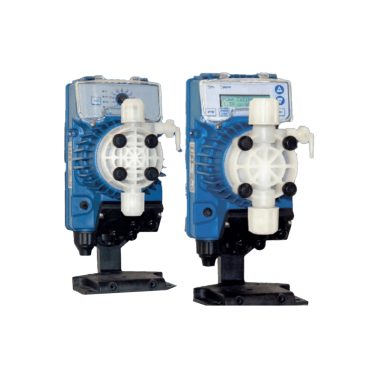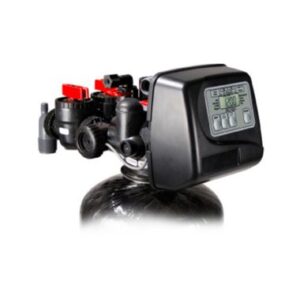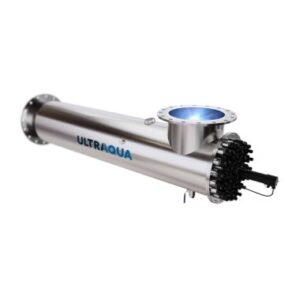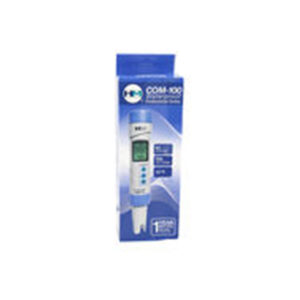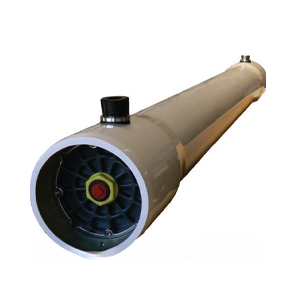Injection pumps are essential devices designed to precisely and efficiently introduce chemicals into water treatment processes. These chemicals include coagulants, disinfectants, pH adjusters, and other necessary substances for various treatment stages. By ensuring accurate dosing, injection pumps enable optimal chemical reactions and effective water purification.
Main Functions of Injection Pumps in Water Treatment
Chemical Dosing: Injection pumps accurately introduce chemicals into the water at specific points in the treatment process. This precise dosing is crucial for achieving the desired chemical concentrations for processes such as coagulation and flocculation.
pH Adjustment: Controlling the pH of water is vital in water treatment. Injection pumps add substances to adjust the pH, ensuring the water remains within the required range for efficient treatment.
Disinfection: Injection pumps are widely used to inject disinfectants such as chlorine or ozone. This step is essential for eliminating harmful microorganisms and ensuring the safety of treated water.
Polymer Injection for Flocculation: In flocculation processes, injection pumps play a critical role in injecting polymers. These polymers help form larger particles, facilitating easier removal during sedimentation and filtration.


